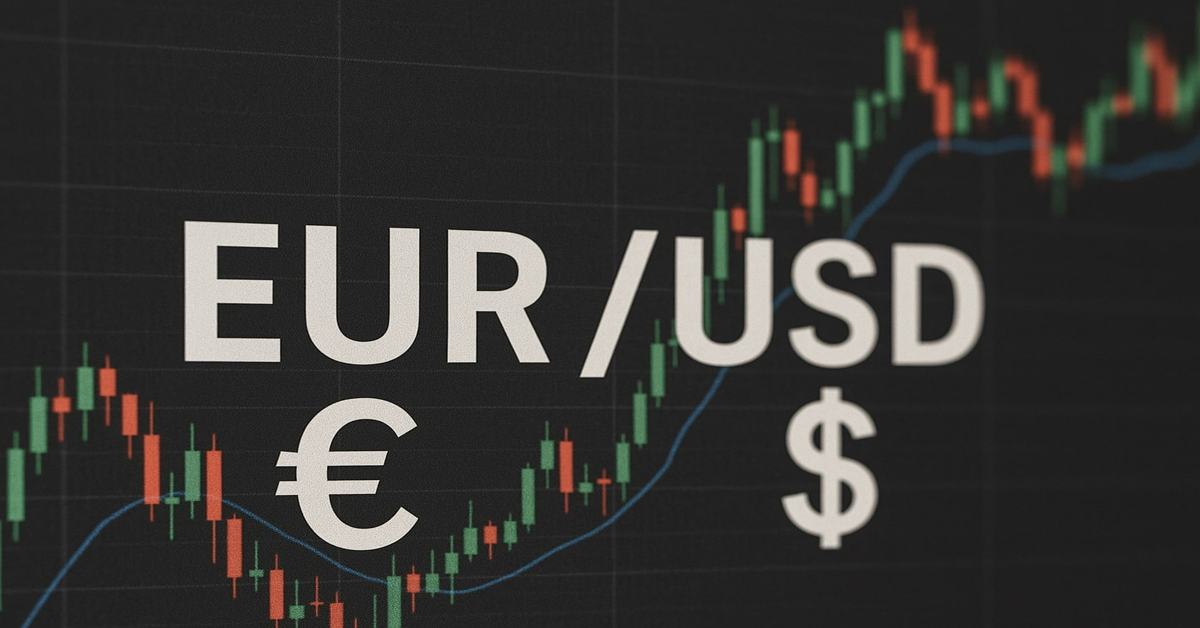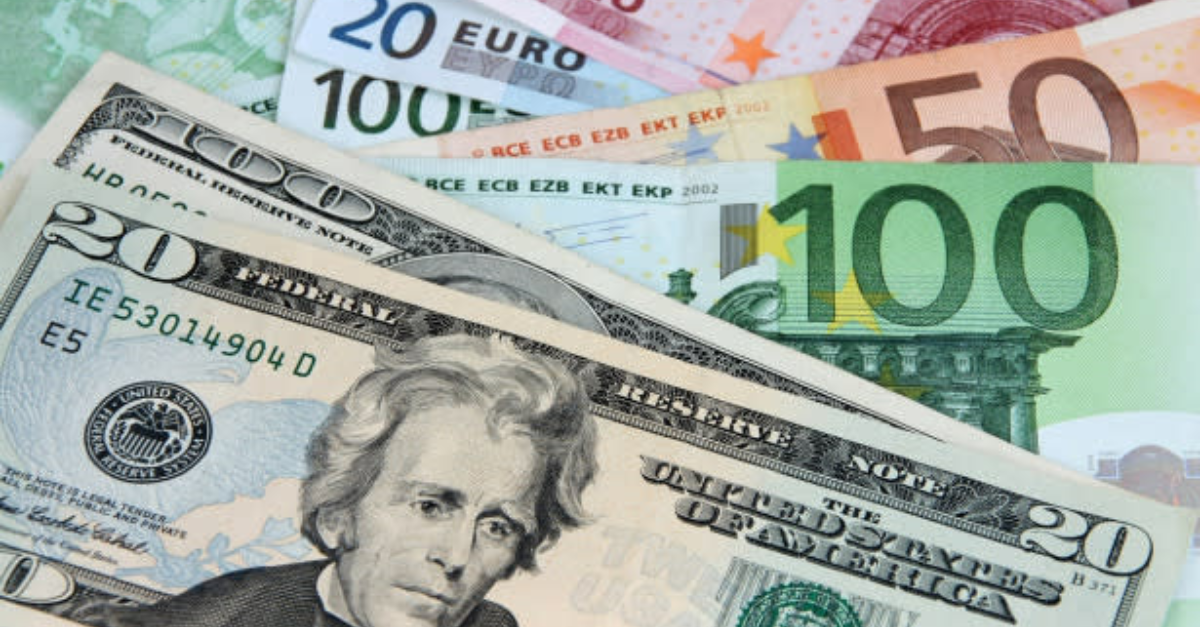Amid a Soaring Stock Market, India’s Consumer Stocks Gain 18% but Still Underperform
India’s booming economy is exhibiting a stark contrast between the ultra-wealthy and the middle class, a trend reflected in the stock market’s response to consumer and luxury goods. Despite impressive growth, consumer companies in sectors like toiletries and appliances are not keeping pace with broader market indices. This is attributed to modest income growth and fluctuating inflation impacting the demand for everyday items. On the other hand, luxury items are experiencing robust sales.
The country, Asia’s third-largest economy, is projected to grow by 7.6% in the current financial year. However, private consumption, a major component of the economy, is only expected to increase by 3%, marking the slowest rate in two decades, excluding the pandemic years. This period has also seen a significant widening of the wealth gap, with the top 1% holding more wealth than in the past sixty years, according to the World Inequality Lab.
Vineet Arora, managing director at NAV Capital, notes a substantial income shift towards the higher income brackets, fueling growth in premium products. Companies dealing in luxury cars, high-end electronics, and jewelry are flourishing, with their stock prices soaring. Titan Company, for example, saw a 44.3% increase in share price over the past year, while luxury watch retailer Ethos witnessed a 162% jump.
In contrast, the fast-moving consumer goods sector, as measured by the Nifty FMCG index, grew by just 18%, lagging behind the broader Nifty 50 index, which rose by 30%. Analysts anticipate this underperformance to continue for the next few quarters until economic growth becomes more inclusive.
Sustainable growth in the broader market hinges on enhanced rural demand and government initiatives. However, consumer segments dependent on lower-income groups are experiencing sluggish growth. According to Sonam Udasi of Tata Asset Management, about half of the 90 FMCG categories tracked by Kantar either saw no growth or a decline in 2023.
Hindustan Unilever, a major player in this space, reported a marginal profit increase and a decrease in sales due to intensified competition and stagnant demand in rural areas. This situation underscores the complex dynamics at play in India’s economy, where luxury thrives amidst a challenging landscape for everyday consumer goods.











